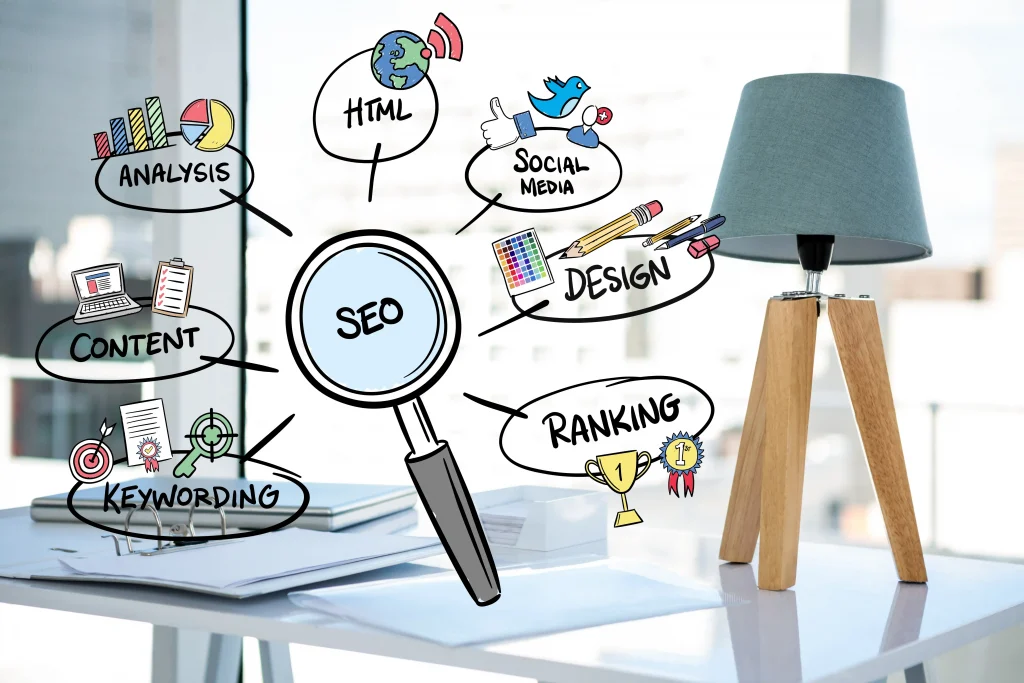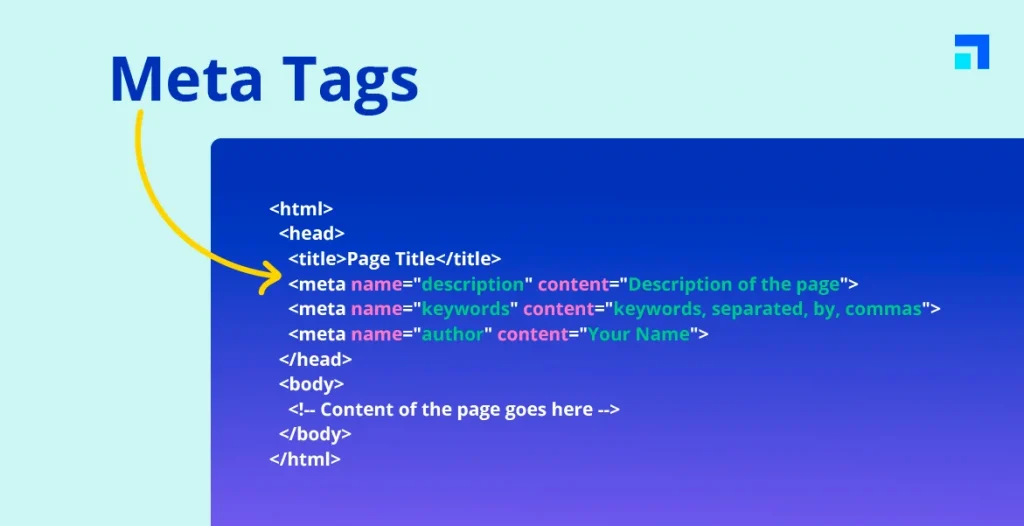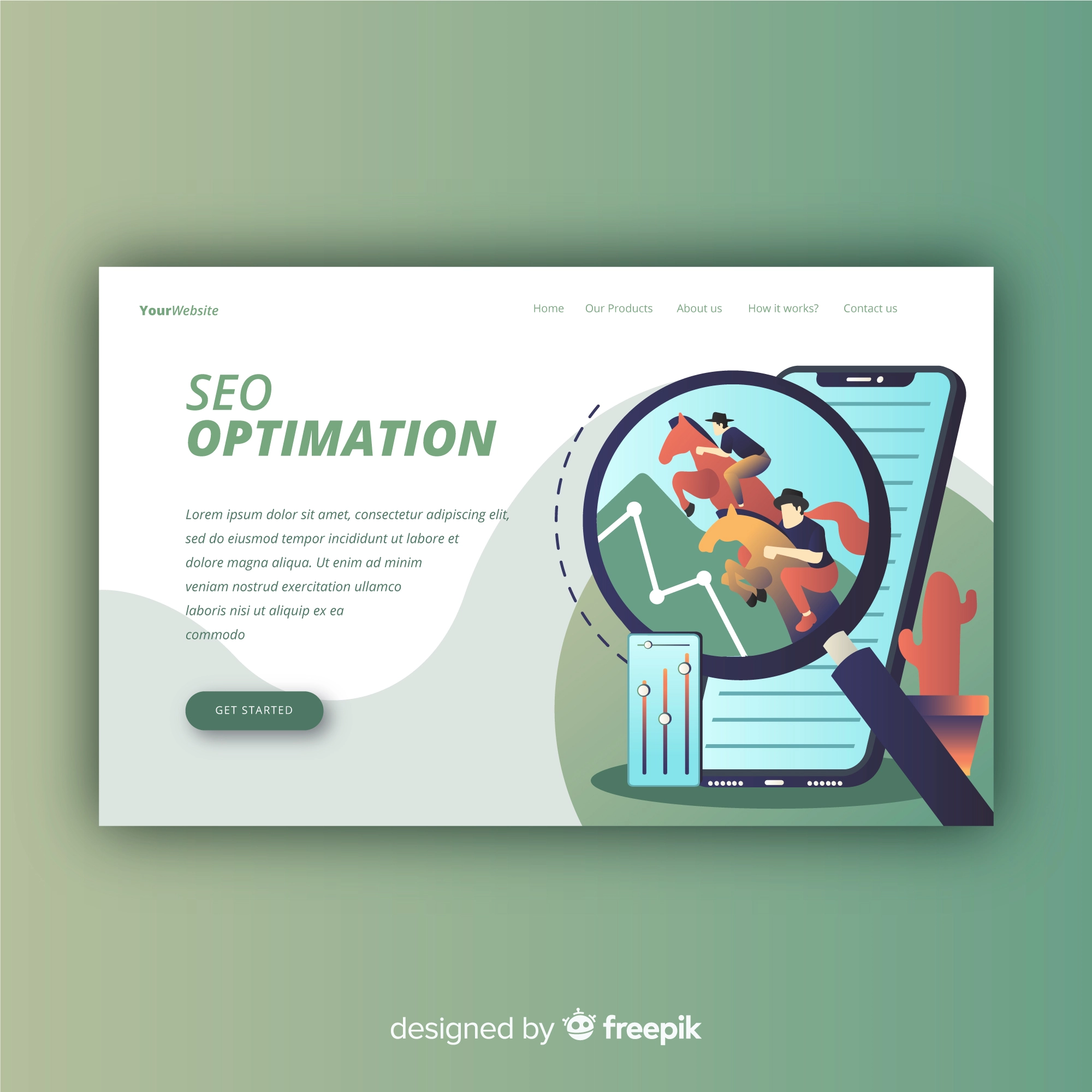Introduction:
In the realm of digital marketing, on-page optimization stands as a crucial pillar for achieving higher search engine rankings and driving organic traffic to your website. As search engine algorithms become increasingly sophisticated, understanding and implementing best practices in on-page optimization are essential for staying ahead of the competition. This comprehensive guide aims to unveil the ultimate strategies and techniques for on-page optimization, providing actionable insights to elevate your website’s visibility and performance.
1. Defining On-Page Optimization:
Understanding the Concept: On-page optimization refers to the process of optimizing individual web pages to improve their search engine rankings and attract relevant traffic.
Key Components: Meta tags, headings, content, and technical factors such as website speed and mobile-friendliness play pivotal roles in on-page optimization.
Aligning with User Intent: On-page optimization aims to align the content and structure of your web pages with the intent of your target audience, providing valuable information and a seamless user experience.

2. Importance of Keyword Research:
Foundation of On-Page Optimization: Keyword research serves as the foundation of on-page optimization, guiding content creation and optimization efforts.
Identifying Target Keywords: Utilize keyword research tools to identify relevant keywords and phrases that have high search volume and align with your content and audience.
Long-Tail Keywords: Targeting long-tail keywords allows you to capture specific search queries and attract highly targeted traffic with less competition.
3. Crafting Compelling Content:
Quality Over Quantity: Focus on creating high-quality, informative, and engaging content that resonates with your audience and provides value.
Optimizing Content Structure: Structure your content with clear headings, subheadings, and bullet points to enhance readability and accessibility for both users and search engines.
Incorporating Keywords: Seamlessly integrate target keywords into your content while maintaining a natural flow and avoiding keyword stuffing.
4. Optimizing Meta Tags and Headings:
Title Tags: Craft descriptive and compelling title tags that accurately represent the content of your web pages and incorporate target keywords.
Meta Descriptions: Write concise and compelling meta descriptions that entice users to click through to your website from search engine results pages.
Header Tags: Use header tags (H1, H2, H3, etc.) to structure your content hierarchically and improve readability, while also incorporating relevant keywords where appropriate.

5. Enhancing Technical SEO:
Website Speed: Optimize your website’s loading speed to improve user experience and satisfy search engine ranking criteria, leveraging tools like PageSpeed Insights for performance optimization.
Mobile-Friendliness: Ensure your website is responsive and mobile-friendly to cater to the growing number of mobile users and maintain search engine visibility.
Clean URL Structure: Use clear, descriptive URLs that accurately reflect the content of your web pages and make it easier for users and search engines to understand and navigate your site.
6. Leveraging On-Page SEO Tools:
Google Search Console: Utilize Google’s free tool to monitor your website’s performance, identify indexing issues, and track search queries driving traffic to your site.
Keyword Research Tools: Explore a variety of keyword research tools such as SEMrush, Ahrefs, and Moz to discover new keyword opportunities and analyze competitor strategies.
SEO Plugins: Take advantage of SEO plugins like Yoast SEO or Rank Math to streamline on-page optimization tasks and receive real-time feedback within content management systems like WordPress.
Conclusion
In conclusion, mastering on-page optimization is essential for improving your website’s search engine rankings and attracting organic traffic. By implementing the best practices outlined in this guide, you can optimize your web pages to align with user intent, enhance content relevance, and provide a seamless user experience. Whether it’s conducting thorough keyword research, crafting compelling content, optimizing meta tags and headings, or enhancing technical aspects of your website, effective on-page optimization requires attention to detail and a commitment to continual improvement. By following these ultimate strategies and techniques, you can unlock the full potential of on-page optimization and propel your website to new heights of success in the digital landscape.

